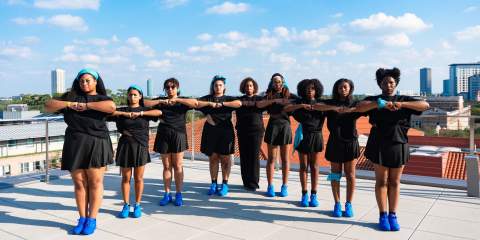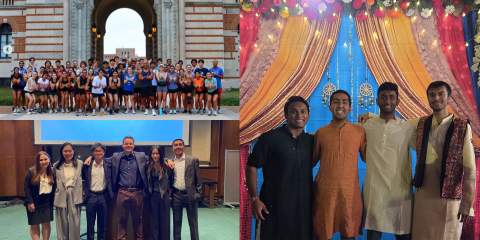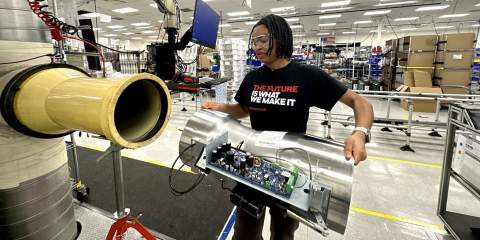I had the incredible opportunity to participate in Rice University’s Alternative Spring Break (ASB) program, where I worked with organizations dedicated to supporting refugee maternal health in Houston and Austin. As the Communications Lead, I not only volunteered on the ground but also managed social media, documented our experiences and kept records of our work. This experience was both eye-opening and deeply meaningful, allowing me to learn firsthand about the challenges refugees face while also contributing to their well-being.
Rice University has always emphasized the importance of being engaged with the Houston community, and the Center for Civic Leadership (CCL) plays a huge role in making that possible. Through programs like ASB, students have the chance to not only serve but also learn about social issues in a hands-on way. CCL doesn’t just send students to existing programs — it also gives them the resources and support to create their own initiatives. This approach empowers students to take what they learn and apply it in ways that can make a lasting impact.
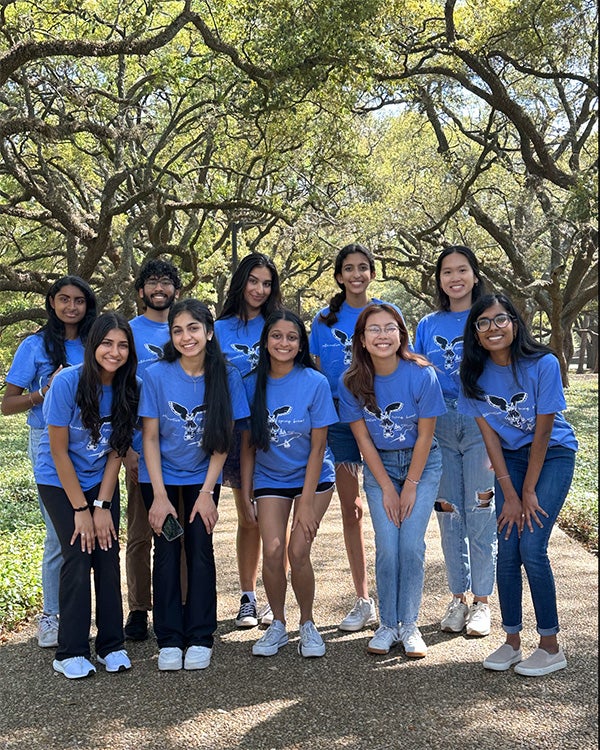
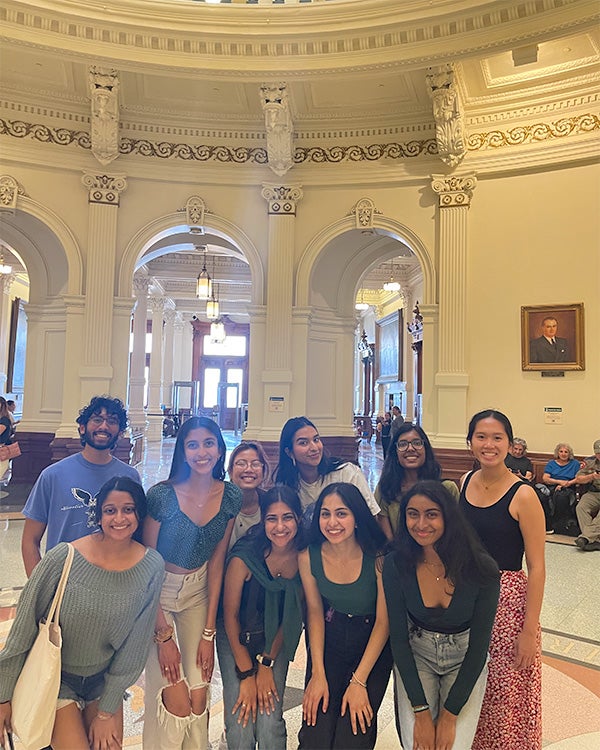
Our ASB team partnered with five organizations committed to refugee maternal wellness, including Baylor College of Medicine’s Physicians for Human Rights (BCM PHR), HealthRight, Boat People SOS (BPSOS) and iACT (Interfaith Action of Central Texas). Each organization plays a crucial role in helping refugee women access healthcare, legal support, and essential resources. In Houston, we worked with BCM PHR, which provides forensic medical evaluations to help refugees and asylum seekers build strong cases for legal status. HealthRight’s Human Rights Clinic supports survivors of torture and provides medical and social services, while BPSOS focuses on helping Vietnamese refugees access ESL classes, mental health services, and community resources. In Austin, we partnered with iACT and other local groups to provide hands-on assistance to refugee women. One of our key activities was volunteering with the organization Ladies Let’s Talk, which provides English language support and cultural orientation to refugee women, many of whom are isolated due to language barriers.
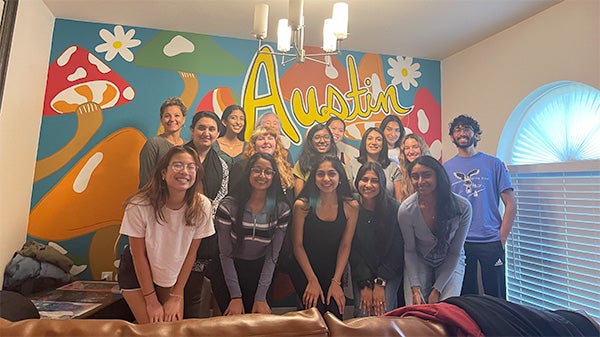
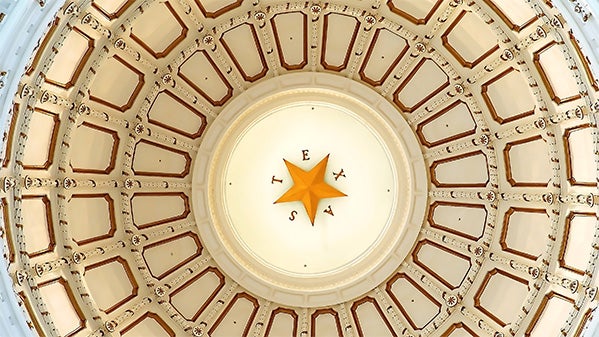
Throughout the week, we engaged in various activities to directly support refugee communities. We provided English conversation practice for women who were learning the language, helped distribute menstrual products and self-care kits, and assisted with health screenings for refugee women in need of medical attention. Many refugee women struggle with access to basic hygiene products due to financial constraints, stigma, or cultural barriers, and one particularly impactful moment was helping to organize and distribute menstrual health kits. By putting together packages containing pads, lotions, razors, and other essentials, we were able to provide immediate relief while also raising awareness about menstrual health equity. Another powerful experience was learning about the difficulties pregnant refugee women face when navigating the healthcare system. Many of these women come from cultures where family and community play a significant role in childbirth and postpartum care, yet in the U.S., they often find themselves isolated and struggling to access the services they need. Through discussions with health professionals and community leaders, we learned about the importance of creating culturally competent healthcare spaces that respect and accommodate these differences.
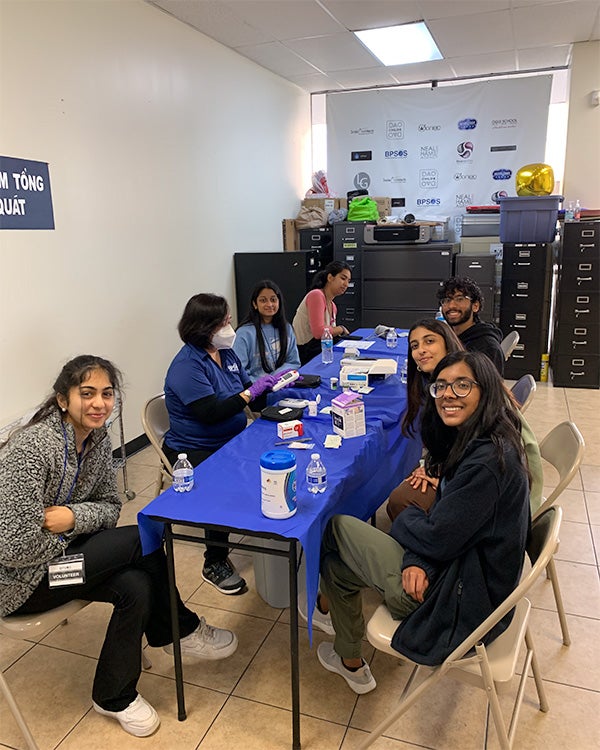
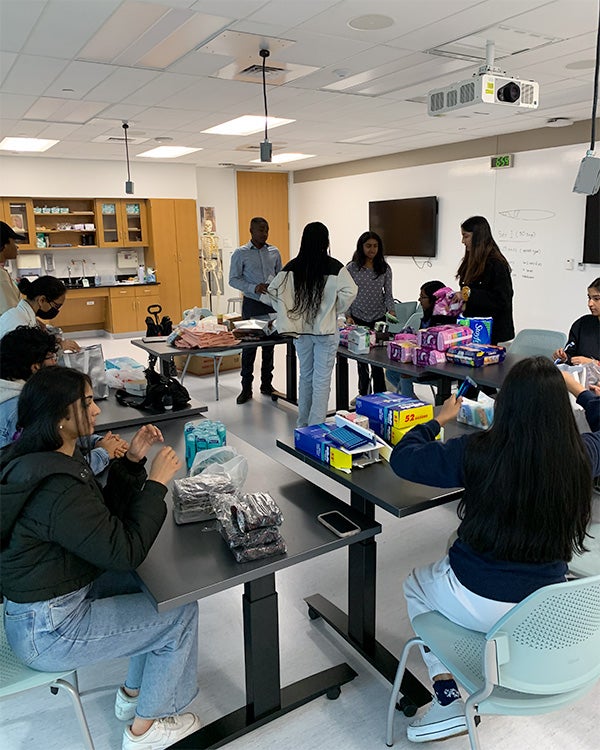
One of the biggest takeaways from this trip was understanding how social determinants of health — such as housing, transportation, language barriers, and financial instability — affect refugee maternal health. Many refugee women lack access to transportation, making it difficult to attend medical appointments or access social services. Others face language barriers that prevent them from understanding their rights and options. As a group, we reflected on ways we could continue supporting these communities beyond our one-week trip. One of our post-trip initiatives includes creating a resource hub that compiles information on healthcare access, legal aid, and community support networks. We also plan to write a policy brief highlighting key issues in refugee maternal health and proposing solutions for improving access to care.
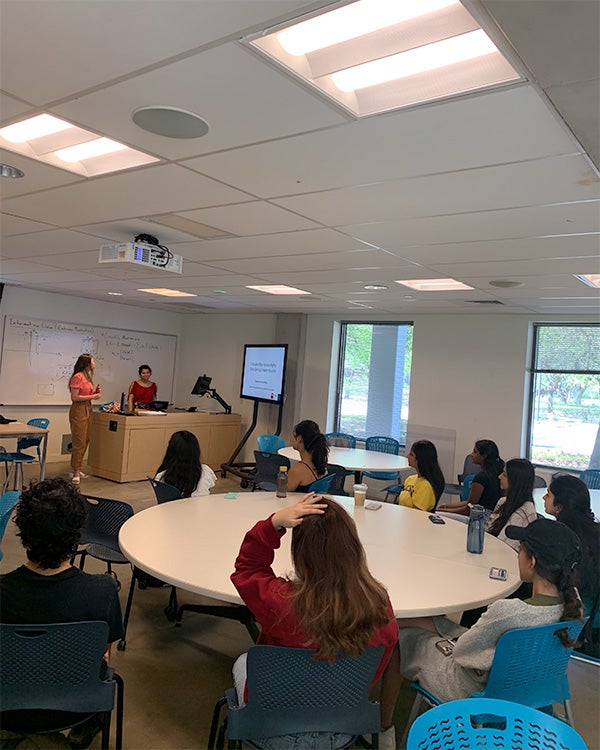
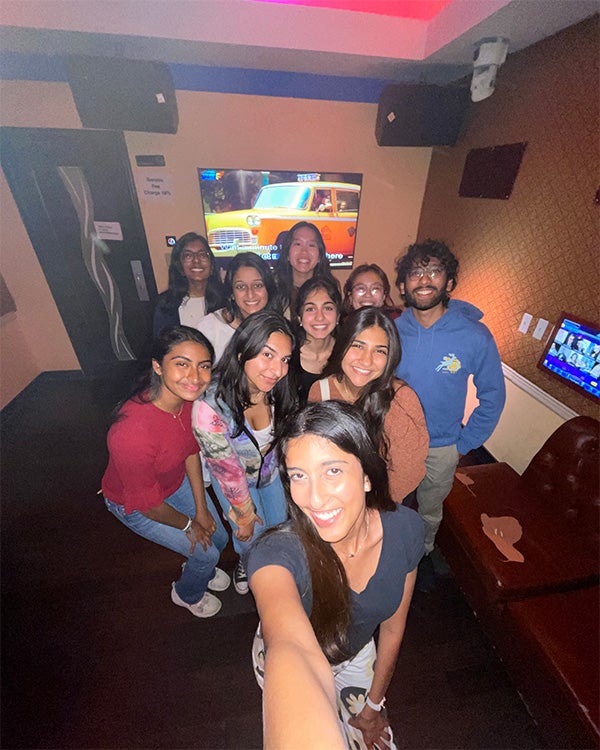
This Alternative Spring Break experience reinforced my passion for reproductive health and community-based healthcare solutions. It was inspiring to see the resilience of refugee women and the dedication of organizations working tirelessly to support them. As I continue my journey toward becoming a reproductive endocrinologist, I will carry these lessons with me, advocating for accessible and culturally competent care for all women. Rice’s commitment to community engagement has shown me that being a student isn’t just about academics — it’s also about using our knowledge and privilege to serve others and make meaningful change.
-Tegan, Sid Rich ‘25 (Published 7/10/2025)
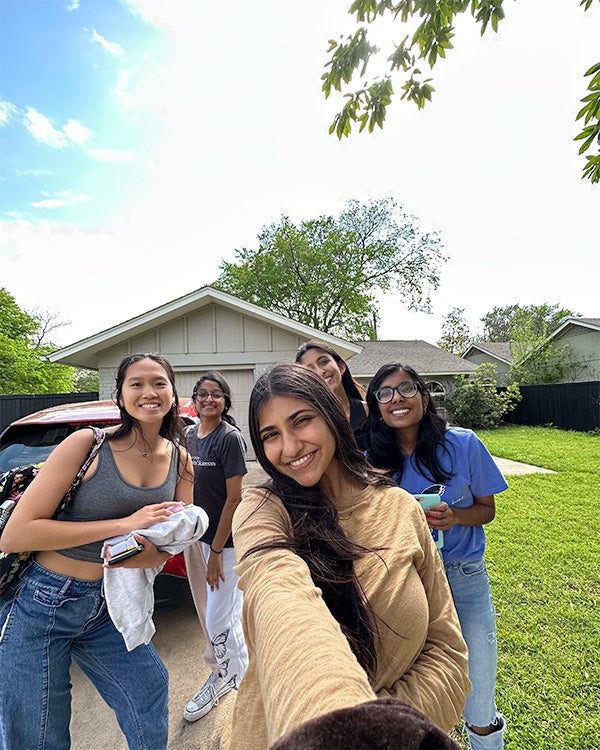
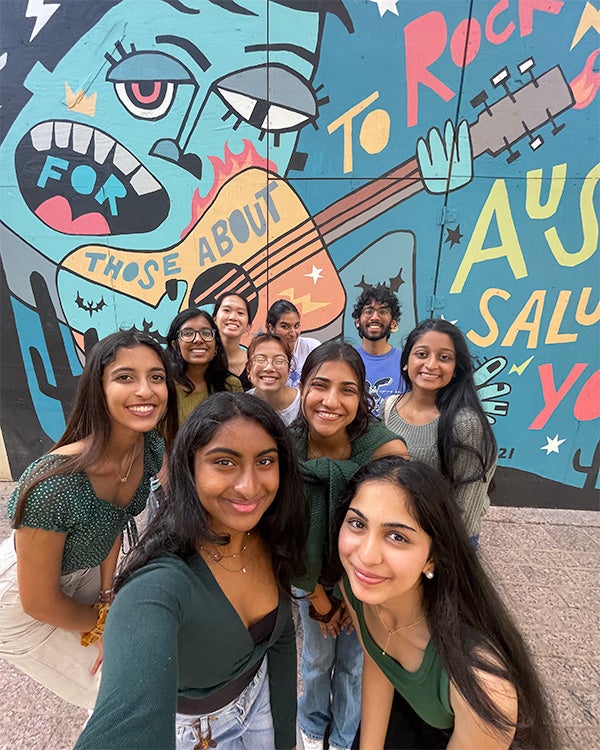
Keep Exploring
Once a self-described "stiff and awkward" dancer, Nikita, Baker '27, used the freedom of the Rice experience to trade her gym routine for the rhythms of Indian dance, Latin dance and step. See how exploring new campus traditions transformed Niki from a hesitant beginner into a confident performer!
From stock pitches and networking to Sunday morning runs on the Outer Loop, finding your place at Rice is all about balance. Here’s how joining a mix of professional and social clubs helped Anirudh, Weiss ‘26, define his college experience.
As a senior Mechanical Engineering student at Rice with three internships under her belt, Claire, Martel '26, has both the skills and confidence to succeed and conquer the corporate world. But her path wasn’t always easy! Discover how resources at Rice helped shape her journey as a future mechanical engineer.
Helpful Links
713-348-7423
admission@rice.edu
M-F 8:30 a.m. to 5 p.m. CT
